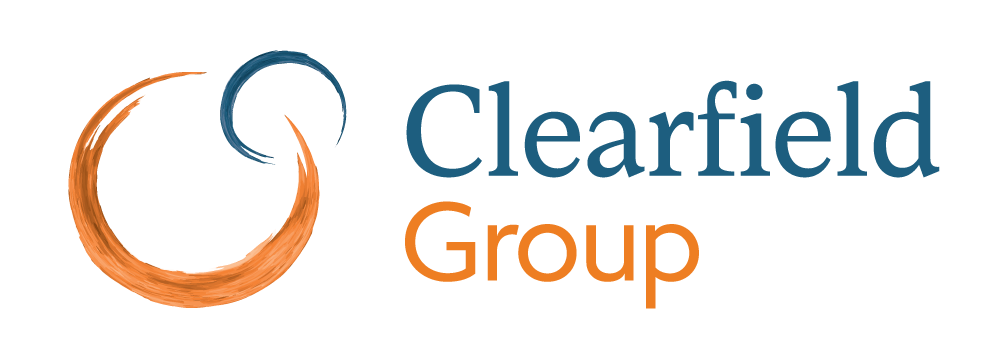“You’re being relentless! Can you please stop asking questions so we can just chill for a bit?”
A request my partner, Katy, offered me in the midst of a conversation about our life and relationship.
I was trying to get to the root of something. She just wanted to relax.
I’m not always great at relaxing. But I tried. I settled in. I “chilled.” On we moved.
A few days later, a client wrote me a nice testimonial: “Chris took us through an amazing journey. His relentless curiosity and drive helped shape our global strategy.”
I laughed out loud when I read it (and sent a screenshot to Katy). There it was.
At work, drive and relentless curiosity are my superpowers. With Katy, they’re an impediment to connection.
It’s not that my relentless curiosity is right or wrong—it’s just not the right tool for every context.
If we want to be better, we need to grow our range.
Imagine a team caught in the day-to-day, endlessly meeting on Zoom to respond to crises and unexpected events. To work to their fullest, they need to develop the ability to step back and look at the big picture.
Now imagine another team—one that spends their time designing and discussing a future strategy without moving toward it. That team needs to cultivate its ability to focus on the details and move toward action.
More broadly, growing your range is about being able to reach for a response that’s appropriate for the moment.
We all have tools that we love, and approaches that come easily to us. But tools and techniques are specific to the tasks they are created for.
Just because something works in most situations doesn’t mean it will work in every situation. If we can take a beat, we might find a different tool, a different approach, or even a different way of being.
The key is awareness. So much of what happens in our brains and our bodies are automatic. Awareness creates a space in which we can hold off reaching for the easy, familiar method and try for something else that serves us better. We can experiment and see how different ways of working feel. What works? What doesn’t?
Operating differently than the ways we’ve perfected over the course of our lives can be scary and uncomfortable because it’s unfamiliar to us, like wearing a new pair of dress shoes. We worry the toes will be too tight or that the backs will give us blisters, but in the end, we might be glad we didn’t wear our ratty old sneakers to our sister’s formal wedding.
To achieve growth, you have to be willing to be uncomfortable and sometimes vulnerable as you test new strategies. You have to accept that you might make mistakes as you learn. Not every hypothesis will pan out. Not every experiment will be a success. Developing proficiency in new methods of communicating and leading change takes practice, and that practice can be rough, but ultimately, temporary discomfort is a worthwhile tradeoff for long-term personal and professional growth.
As a coach, I can support you and your team as you experiment with reaching past your familiar tools. I offer a fixed number of slots, so reach out if you’d like to discuss what might be possible if you could approach your work in a new way.
* * *
Want to get these articles in your inbox? Subscribe here to join the conversation and download a sample from Meltdown.

